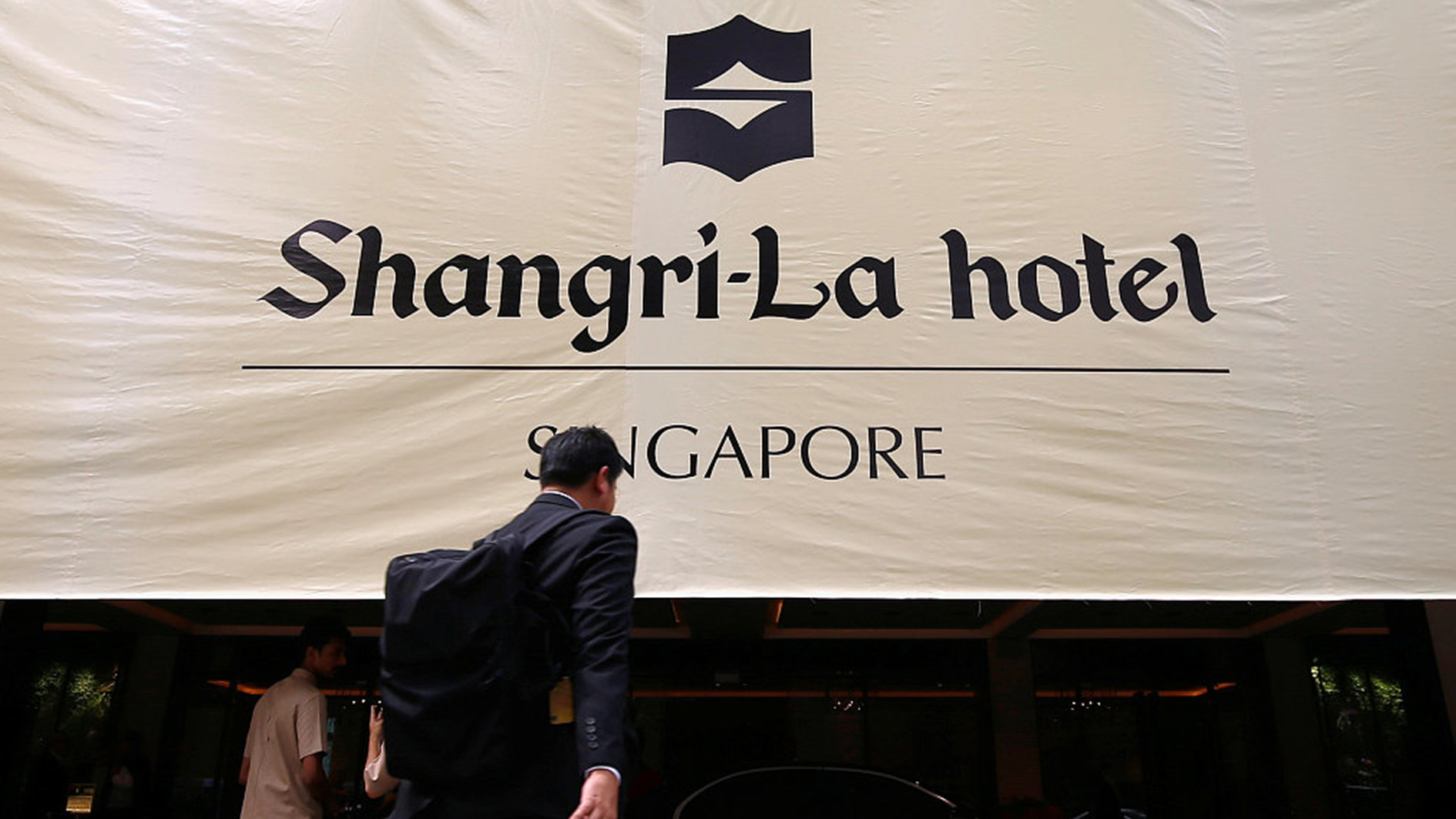
TV Show
19:06, 31-May-2019
Can Shangri-La Dialogue help diminish China-U.S. tensions?
Dialogue with Yang Rui
01:11

This weekend, the 2019 Shangri-La Dialogue (SLD) kicks off in Singapore. The annual gathering is dedicated to bringing together defense ministers and military officials from various Asia-Pacific countries to promote exchanges on the region’s pressing security matters and foster closer interstate relationships.
China's State Councilor and Minister of National Defense Wei Fenghe's attendance at the dialogue has grabbed worldwide attention since this is the first time in eight years that such a high-ranking Chinese official will represent the country at the conference.
“I believe this has something to do with the wish of the world and the wish of China because with the increasing strength of China, people do need to listen to a higher voice, a great voice of China, and it also the wishes of the Chinese side to have its opinions and views better viewed and listened.”
Senior Colonel Zhou Bo from China's National Defense Ministry explained, “We are happy to let the world know that this time we have great importance attached to this summit, we hope that our voice will be carefully listened to.”
It has been noted that the central phenomenon shaping all items on the 2019 Shangri-La Dialogue's agenda is the seeming entrenchment of the Sino-American rivalry. Singapore's Prime Minister Lee Hsien Loong will deliver the opening address on "the importance of stable U.S.-China relations to the region and the role smaller states can play in bolstering the multilateral world order."
“I think currently we must try our best to make the military relationship between China and the United States more stable,” Zhou said. In his view, Sino-U.S. military ties are more important because of its sensitivity and gravity, especially with the current trade tensions between Beijing and Washington.
According to the announcement of IISS (International Institute for Strategic Studies), the U.S. Acting Secretary of Defense Patrick M. Shanahan will address and further outline the defense aspects of the U.S. Free and Open Indo-Pacific Strategy at the summit.
Key questions to this strategy will be: “Is the Indo-Pacific Strategy a concept or a strategy? Is it inclusive or exclusive? The region is much wider, which incorporates two oceans, so where is the focus? Is it because of China or is it against China? And would the other three countries – India, Australia and Japan necessarily follow the United States in forging for the same objective against anyone?” according to Zhou.
Although unresolved bilateral trade talks between the United States and China have generated a higher degree of uncertainty for Asia's other regional players, and not only on the economic front, Zhou suggested that China and the U.S. should work together for regional peace and beyond.
“If you look at the future, Chinese armed forces will definitely become stronger and stronger, but China has no ambition to police the world,” he stressed.
(If you want to contribute and have specific expertise, please contact us at opinions@cgtn.com.)

SITEMAP
Copyright © 2018 CGTN. Beijing ICP prepared NO.16065310-3
Copyright © 2018 CGTN. Beijing ICP prepared NO.16065310-3